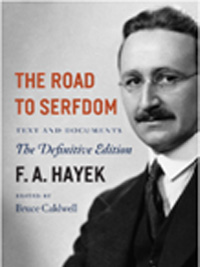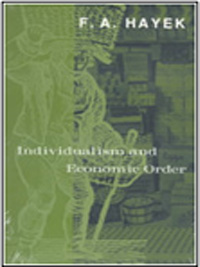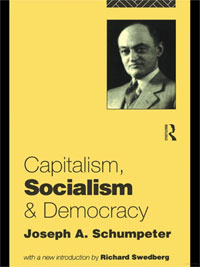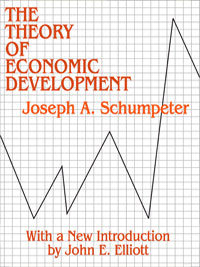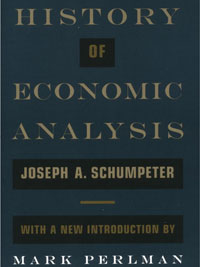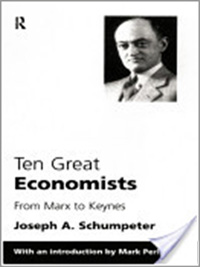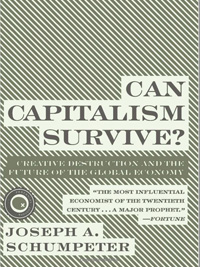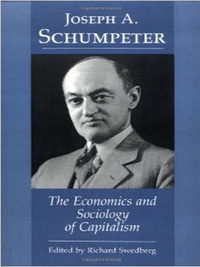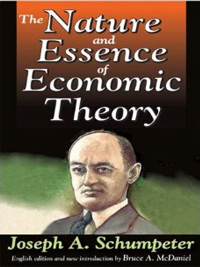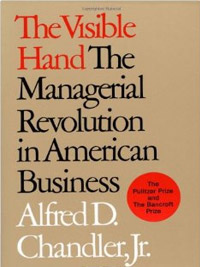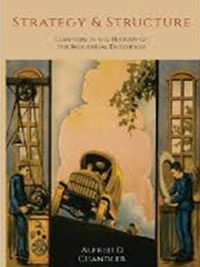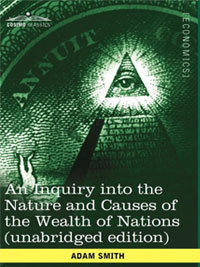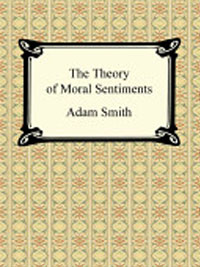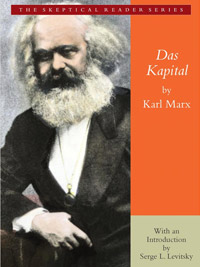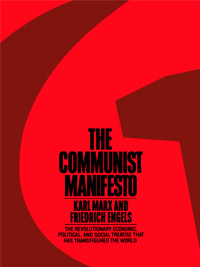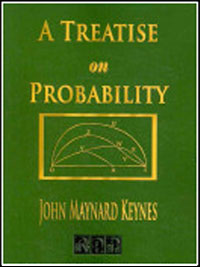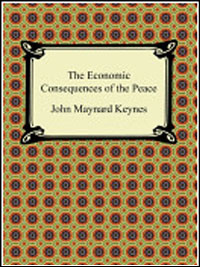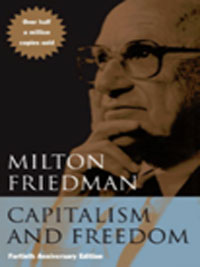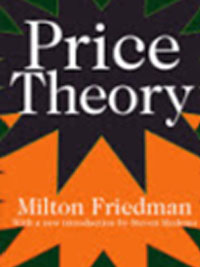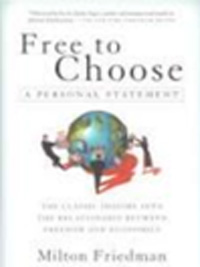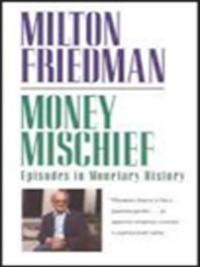Thought
| Galbraith
The Affluent Society
John Kenneth GalbraithHoughton Mifflin Harcourt, Oct 15, 1998 - Business & Economics - 288 pages
Galbraith's classic on the "economics of abundance" is, in the words of the New York Times, "a compelling challenge to conventional thought." With customary clarity, eloquence, and humor, Galbraith cuts to the heart of what economic security means (and doesn't mean) in today's world and lays bare the hazards of individual and societal complacence about economic inequity. While "affluent society" and "conventional wisdom" (first used in this book) have entered the vernacular, the message of the book has not been so widely embraced--reason enough to rediscover The Affluent Society [View More]
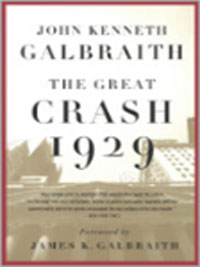
The Great Crash 1929
John Kenneth GalbraithHoughton Mifflin Harcourt, Sep 10, 2009 - Business & Economics - 224 pages
Galbraith's classic examination of the 1929 financial collapse, the Atlantic Monthly said:"Economic writings are seldom notable for their entertainment value, but this book is. Galbraith's prose has grace and wit, and he distills a good deal of sardonic fun from the whopping errors of the nation's oracles and the wondrous antics of the financial community." Now, with the stock market riding historic highs, the celebrated economist returns with new insights on the legacy of our past and the consequences of blind optimism and power plays within the financial community. [View More]
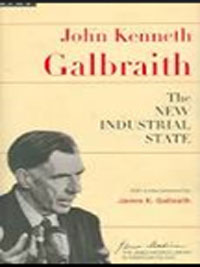
The New Industrial State
John Kenneth GalbraithPrinceton University Press, 2007 - Business & Economics - 518 pages
With searing wit and incisive commentary, John Kenneth Galbraith redefined America's perception of itself in The New Industrial State, one of his landmark works. The United States is no longer a free-enterprise society, Galbraith argues, but a structured state controlled by the largest companies. Advertising is the means by which these companies manage demand and create consumer "need" where none previously existed. Multinational corporations are the continuation of this power system on an international level. The goal of these companies is not the betterment of society, but immortality through an uninterrupted stream of earnings [View More]
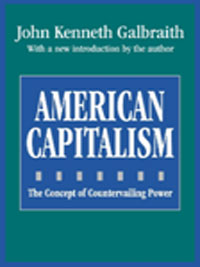
American Capitalism The Concepts of Countervailing Power
John Kenneth GalbraithLiterary Licensing, LLC, 2013- Business & Economics - 232 pages
In his new introduction to this classic text on political economy, Galbraith reasserts the validity of the core thesis of American Capitalism: The best and established answer to economic power is the building of countervailing power. The trade union remains an equalizing force in the labor markets, and the chain store is the best answer to the market power of big food companies. This work remains an essential guidepost of American mores as well as that as of the American economy. [View More]

A Short History of Financial Euphoria
John Kenneth GalbraithPenguin, Jun 1, 1993 - Business & Economics - 128 pages
The world-renowned economist offers a dourly irreverent analyses of financial debacle from the tulip craze of the seventeenth century to the recent plague of junk bonds.Galbraith traces speculative bubbles through several centuries, and argues that they are inherent in the free market system because of "mass psychology" and the "vested interest in error that accompanies speculative euphoria." Also, financial memory is "notoriously short": what currently seems to be a "new financial instrument" is inevitably nothing of the sort. He cautions: "The world of finance hails the invention of the wheel over and over again, often in a slightly more unstable version." Crucial to his analysis is the assertion that the common factor in boom-and-bust is the creation of debt to finance speculation, which "becomes dangerously out of scale in relation to the underlying means of payment." The financial crisis of 2008, which took many economists by surprise, seemed to confirm many of Galbraith's theses [View More]
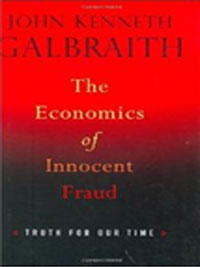
The Economics of Innocent Fraud Truth for Our Time
John Kenneth GalbraithHoughton Mifflin Harcourt, April 26, 2004 - Business & Economics - 62 pages
The purpose of this extended essay is to illuminate examples of "innocent fraud" or the gulf between perception and reality in the modern American economic system--a system Galbraith had a hand in creating during his tenure in FDR's administration. Though tackling serious subjects, the book sparkles with wit and sly understatement. "A marked enjoyment can be found in identifying self-serving belief and contrived nonsense," he writes, clearly enjoying himself. The dominant role of the corporation in modern society is one such form of innocent fraud, and he explains how managers hold the real power in our system, not consumers or shareholders as the image would suggest. Despite the "appearance of relevance for owners," capitalism has given way to corporate bureaucracy--"a bureaucracy in control of its task and its compensation. Rewards that verge on larceny." He also explains how the public realm is effectively controlled by the private sector. The arms industry is but one example of this: "While the Pentagon is still billed as being of the public sector, few doubt the influence of corporate power in its decisions." He also looks at the financial world which "sustains a large, active, well-rewarded community based on compelled but seemingly sophisticated ignorance," and in particular the Federal Reserve System, "our most prestigious form of fraud, our most elegant escape from reality." In essence, Galbraith says that the Fed, for all of its power and prestige, effectively does nothing. And he has little problem with this: "Let their ineffective role be accepted and forgiven." Both a guide to the present and an aid to shaping the future, this slim, satisfying book is a font of wisdom, conventional and otherwise, from a respected elder statesman. This is Professor Galbraith's last book [View More]

Economics & the Public Purpose
John Kenneth GalbraithHoughton Mifflin Harcourt, September 28th 1973- Business & Economics - 381 pages
In Economics and the Public Purpose Galbraith advocates a "new socialism" as the solution, nationalizing military production & public services such as health care. He also advocates introducing disciplined wage, salary, profit & price controls on the economy to reduce inequality & restrain the power of giant corporations. Socialization of the "unduly weak industries & unduly strong ones" together with planning for the remainder would allow the public interest to be accorded its rightful preference over private interests. He adds that this can only be achieved when there is a new belief system that rejects the orthodoxy of economics in the past. The new socialism needs to be achieved thru gradual democratic political change. [View More]

The Culture of Contentment
John Kenneth GalbraithHoughton Mifflin Company, 1993 - Social Science - 195 pages
The Culture of Contentment is a keen and striking appraisal of America's current, far from happy state of affairs, written by possibly our wisest and certainly our most lucid and irreverent economist, John Kenneth Galbraith. This major new work goes far beyond Ronald Reagan and George Bush to ultimate and controlling causes--to the rise of a greatly self-satisfied elite that is now dominant in the electoral process. The result: today, a once strong and aspiring nation has lapsed into a self-serving economic and social stasis. Surveying this development with a detached and penetrating eye, Galbraith lives up to his reputation as "the voice and conscience of the economic profession." Galbraith here scrutinizes the perilous by-products of complacency: a commitment to short-term action and inaction, restricted investment as a basic policy, government seen only as a burden, corporate sclerosis, and the dark side of financial speculation. He also considers the fate of the "functional underclass, " people who are stalled in poverty and denied the crucial support needed to change their situation. The larcenous savings-and-loan and junk-bond scandals are examined as major examples of the controlling principles of contentment. And from the clear-eyed global perspective for which he is celebrated, Galbraith regards key issues on the world scene: the emergence of the powerful new economies of Japan and Germany, the larger, often recreational nature of foreign policy, and self-controlling, self-enhancing military power. Making no concession to false optimism, Galbraith leaves no one in doubt as to what could be done, little as we may be disposed to do it. Here, in short, is an acute and powerfulassessment of where we are heading and not heading and what the consequences will be, from one of the sharpest and most original minds of our time. [View More]
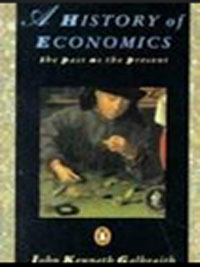
A History of Economics The Past as the Present
John Kenneth GalbraithPenguin Books, 1991 - Economics - 324 pages
Galbraith manages to make economics interesting, entertaining, at times even exciting, as well as adding in a healthy dose of common sense often missing. He is clearly setting himself up against the 'aggressively dull' that make up much of the writing and theorising on economics. Whilst he does not cover every element in economics, or at times even every important aspect of economics, he manages to cover economics from Aristotle to the twentieth century in 300 pages, and to provide a mix of detail and overview that is informative and provocative. [View More]











